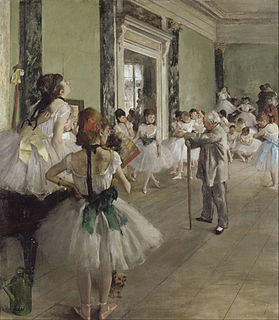
Ballet is a type of performance dance that originated during the Italian Renaissance in the fifteenth century and later developed into a concert dance form in France and Russia. It has since become a widespread, highly technical form of dance with its own vocabulary based on French terminology. It has been globally influential and has defined the foundational techniques used in many other dance genres and cultures. Ballet has been taught in various schools around the world, which have historically incorporated their own cultures and as a result, the art has evolved in a number of distinct ways. See glossary of ballet.
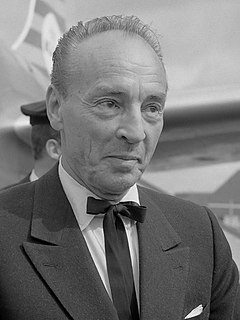
George Balanchine was an American ballet choreographer who was one of the most influential 20th-century choreographers. Styled as the father of American ballet, he co-founded the New York City Ballet and remained its Artistic Director for more than 35 years.
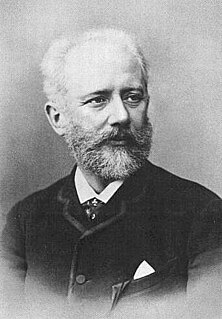
The Nutcracker is an 1892 two-act ballet, originally choreographed by Marius Petipa and Lev Ivanov with a score by Pyotr Ilyich Tchaikovsky. The libretto is adapted from E. T. A. Hoffmann's story "The Nutcracker and the Mouse King".

Rudolf Khametovich Nureyev was a Soviet ballet dancer and choreographer. Nureyev is regarded by some as the greatest male ballet dancer of his generation.
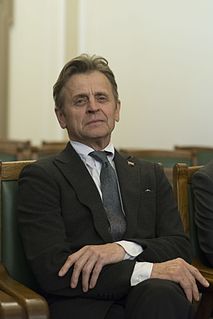
Mikhail Nikolayevich Baryshnikov, nicknamed "Misha", is a Latvian-born Russian-American dancer, choreographer, and actor. He is often cited alongside Vaslav Nijinsky, Rudolf Nureyev and Vladimir Vasiliev as one of the greatest male ballet dancers in history.

New York City Ballet (NYCB) is a ballet company founded in 1948 by choreographer George Balanchine and Lincoln Kirstein. Balanchine and Jerome Robbins are considered the founding choreographers of the company. Léon Barzin was the company's first music director. City Ballet grew out of earlier troupes: the Producing Company of the School of American Ballet, 1934; the American Ballet, 1935, and Ballet Caravan, 1936, which merged into American Ballet Caravan, 1941; and directly from the Ballet Society, 1946.
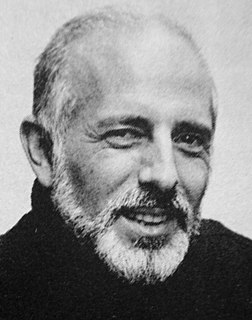
Jerome Robbins was an American choreographer, director, dancer, and theater producer who worked in classical ballet, on stage, film, and television. Among his numerous stage productions were On the Town, Peter Pan, High Button Shoes, The King and I, The Pajama Game, Bells Are Ringing, West Side Story, Gypsy, and Fiddler on the Roof. Robbins was a five-time Tony Award-winner and a recipient of the Kennedy Center Honors. He received two Academy Awards, including the 1961 Academy Award for Best Director with Robert Wise for West Side Story.
Pacific Northwest Ballet (PNB) is a ballet company based in Seattle, Washington, in the United States. It is said to have the highest per capita attendance in the United States, with 11,000 subscribers in 2004. The company consists of 49 dancers; there are over 100 performances throughout the year.
In the French courts during the 17th Century, ballet first begins to flourish with the help of several important men: King Louis XIV, Jean-Baptiste Lully, Pierre Beauchamps, and Molière. The combination of different talents and passions of these four men shaped ballet to what it is today.

Russian ballet is a form of ballet characteristic of or originating from Russia.
The School of American Ballet (SAB) is an American classical ballet school and is the associate school of the New York City Ballet, a ballet company based at the Lincoln Center for the Performing Arts in New York City. The school trains students from the age of six, with professional vocational ballet training for students aged 11–18. Graduates of the school achieve employment with leading ballet companies worldwide, most notably in the United States with New York City Ballet, American Ballet Theatre, Boston Ballet, San Francisco Ballet, Miami City Ballet, Pacific Northwest Ballet and Houston Ballet.

The Joffrey Ballet, based in Chicago, Illinois, is a premier dance company. The Joffrey regularly performs classical ballets, including Romeo & Juliet and The Nutcracker, and modern dance pieces. Many choreographers have worked with the Joffrey, including Paul Taylor, Twyla Tharp, George Balanchine, and founders Gerald Arpino and Robert Joffrey. Founded as a touring company in 1956, it was based in New York City until 1995 when it moved to Chicago. The company's headquarters and dance academy are in Joffrey Tower, and it performs its October–May season at the Auditorium Theatre. In 2020 the company will move its performance venue to Chicago's Civic Opera House through an arrangement with the Lyric Opera of Chicago.
Rasta Kuzma Ramacandra was born on July 18, 1981 in San Francisco and is a dancer, martial artist, gymnast and choreographer. Thomas is the founder of the Bad Boys of Dance and is the formed the director and owner of the ShowBiz National Talent Competition. Thomas is a past winner of prestigious ballet competitions worldwide and has guested with numerous dance companies.
John Neumeier is an American ballet dancer, choreographer, and director. He has been the director and chief choreographer of Hamburg Ballet since 1973. Five years later he founded the Hamburg Ballet School, which also includes a boarding school for students. In 1996, Neumeier was made ballet director of Hamburg State Opera.

Miami City Ballet is an American ballet company based in Miami Beach, Florida, led by artistic director Lourdes Lopez. MCB was founded in 1985 by Toby Lerner Ansin, a Miami philanthropist. Ansin and the founding board hired Edward Villella, former New York City Ballet principal dancer to be the founding artistic director.

Benjamin Millepied is a French dancer and choreographer, who has lived and worked in the United States after joining the New York City Ballet in 1995, where he became a soloist in 1998 and a principal in 2002. He has also created choreography for the company, and choreographed pieces for other major companies. He retired from NYCB in 2011.
The Original Ballet Russe was a ballet company established in 1931 by René Blum and Colonel Wassily de Basil as a successor to the Ballets Russes, founded in 1909 by Sergei Diaghilev. The company assumed the new name Original Ballet Russe after a split between de Basil and Blum. De Basil led the renamed company, while Blum and others founded a new company under the name Ballet Russe de Monte-Carlo. It was a large scale professional ballet company which toured extensively in Europe, Australia and New Zealand, the United States, and Central and South America. It closed down operations in 1947.

The Oklahoma City Ballet is a professional dance company and school located in Oklahoma City. The company began under the artistic direction of Ballet Russe de Monte Carlo dancers Yvonne Chouteau and Miguel Terekhov in the Science and Arts Foundation building on the Oklahoma City Fairgrounds,
Balanchine technique or Balanchine method is the ballet performance style invented by dancer, choreographer, and teacher George Balanchine (1904–1983), and a trademark of the George Balanchine Foundation. It is used widely today in many of Balanchine's choreographic works. It is employed by ballet companies and taught in schools throughout North America, including the New York City Ballet and School of American Ballet, where it first emerged.











